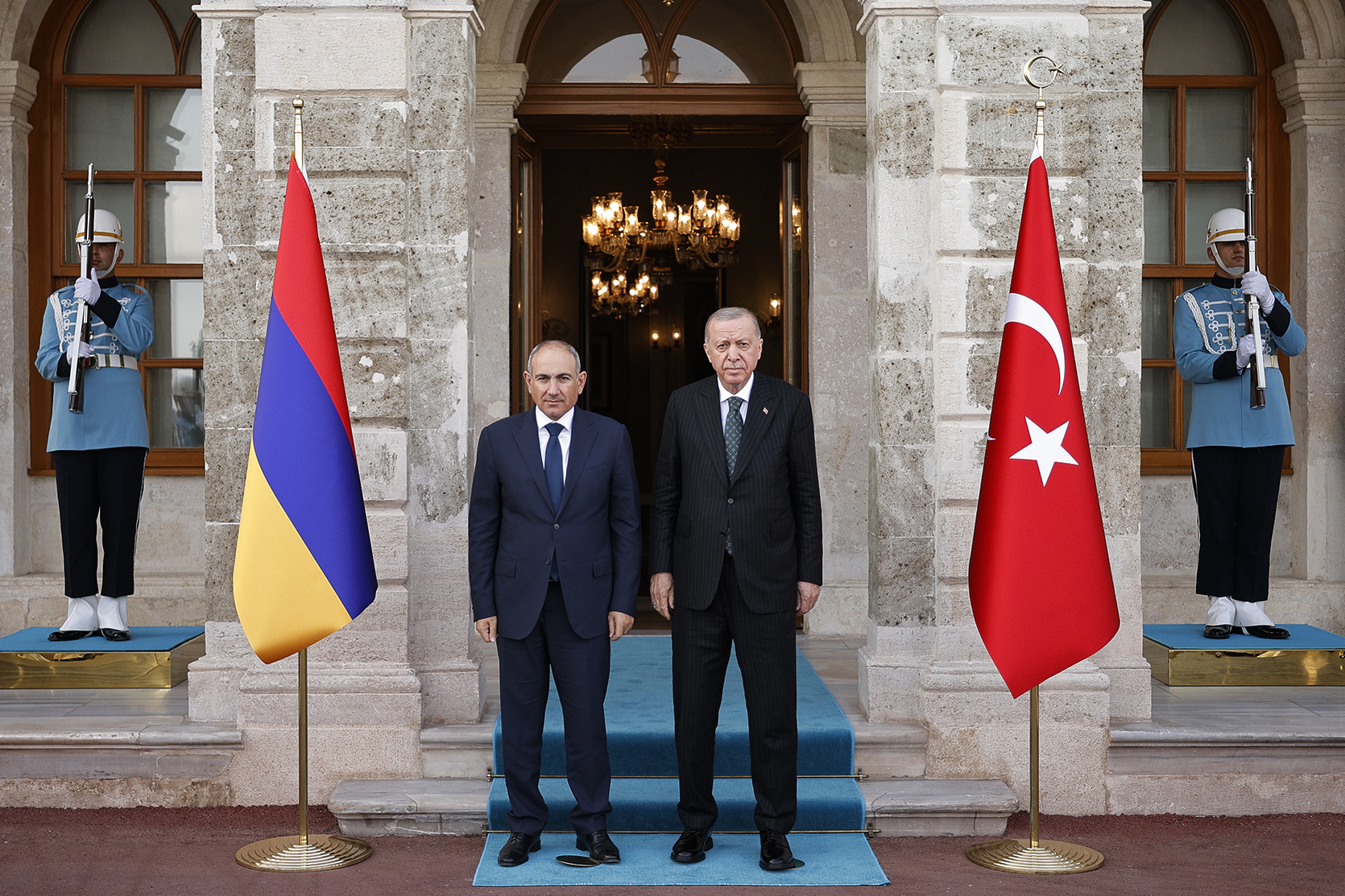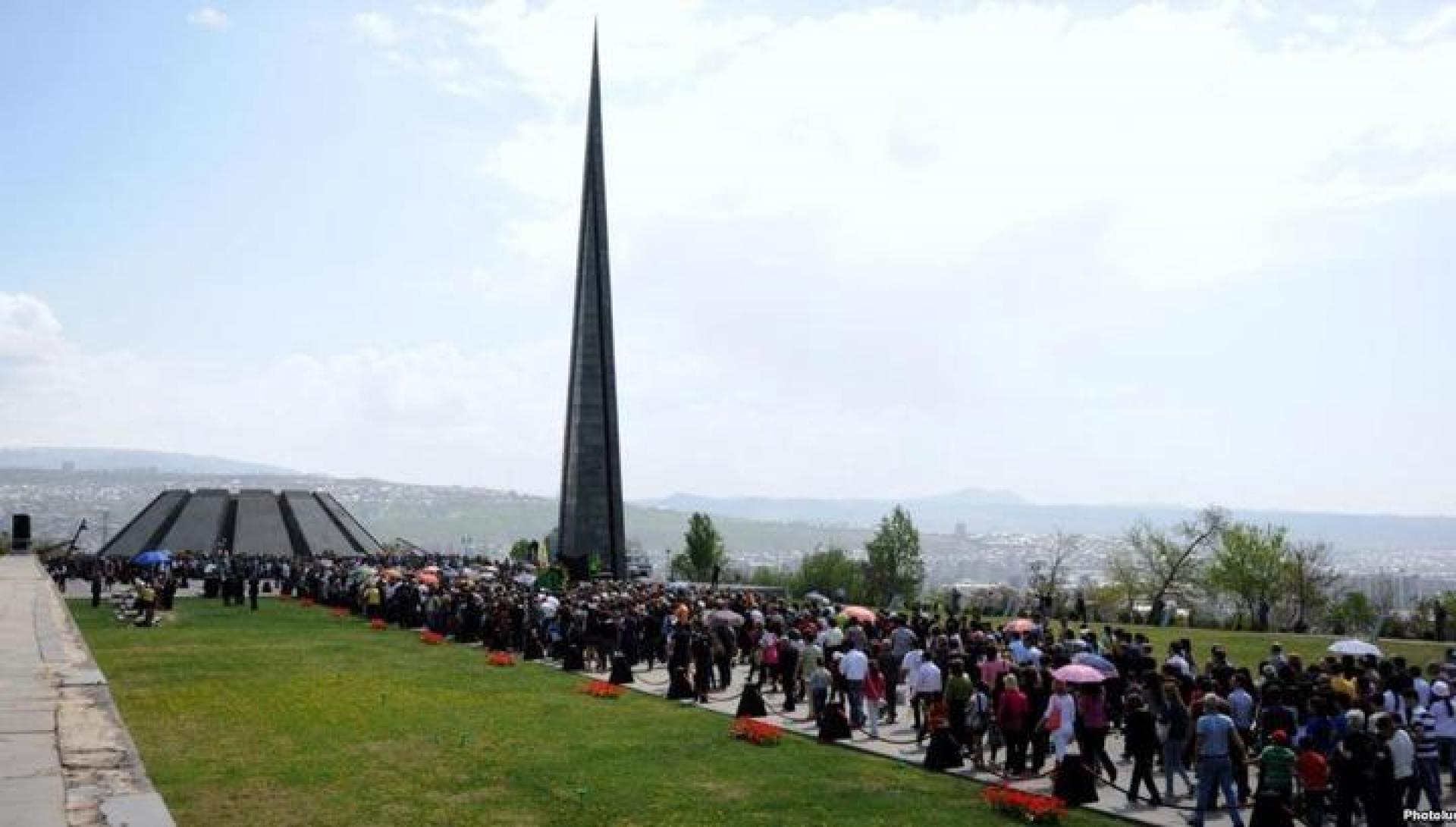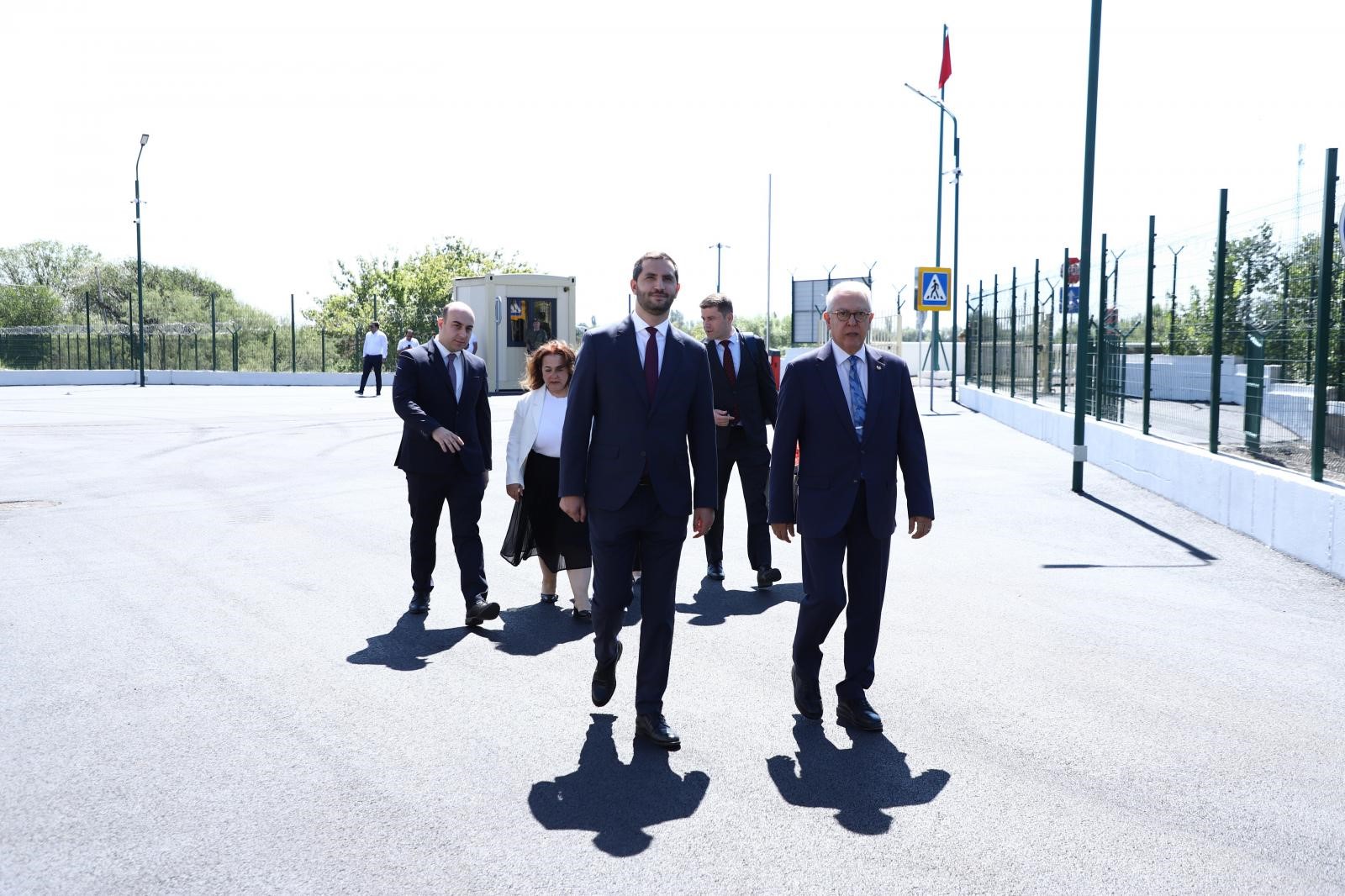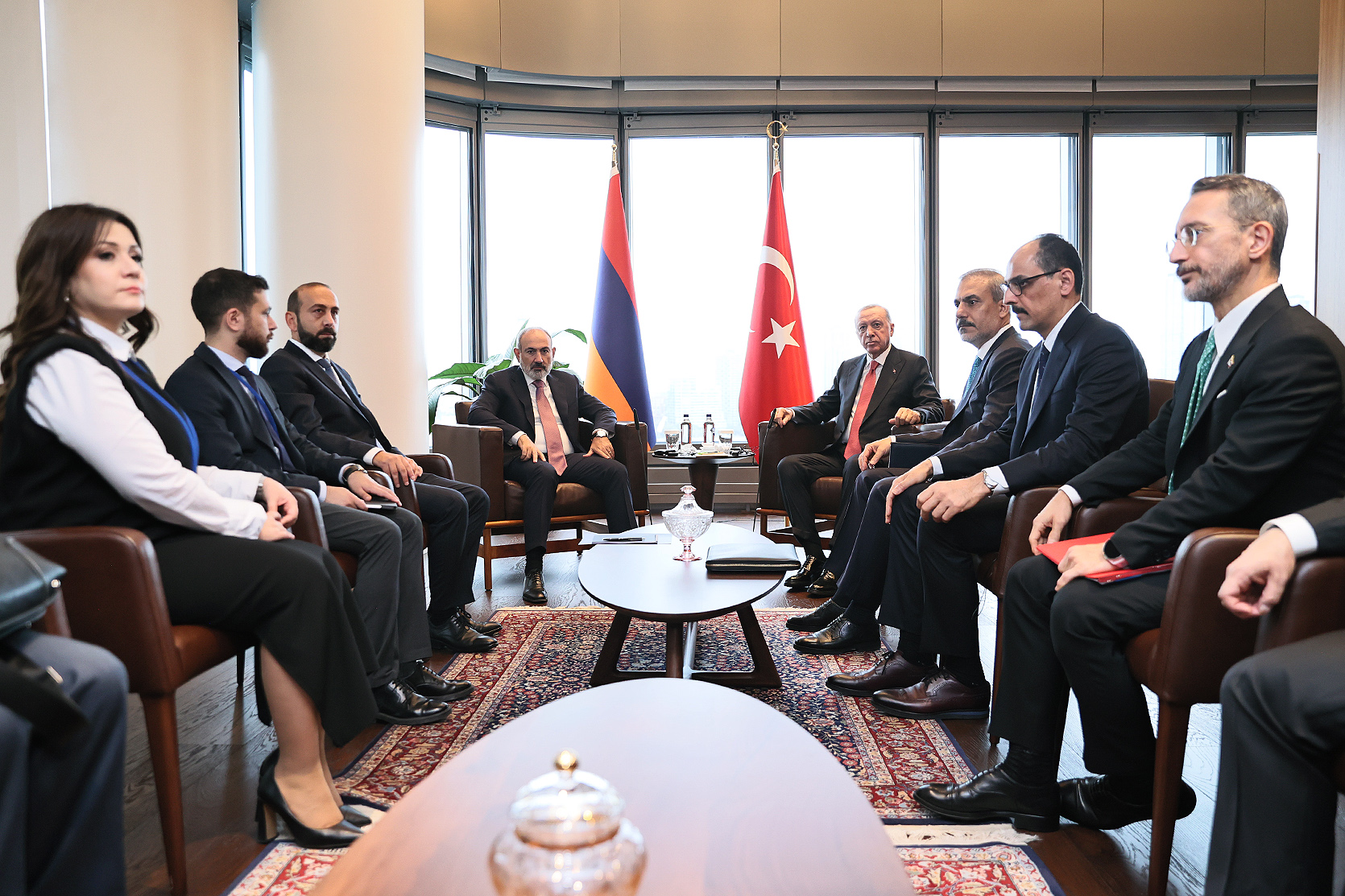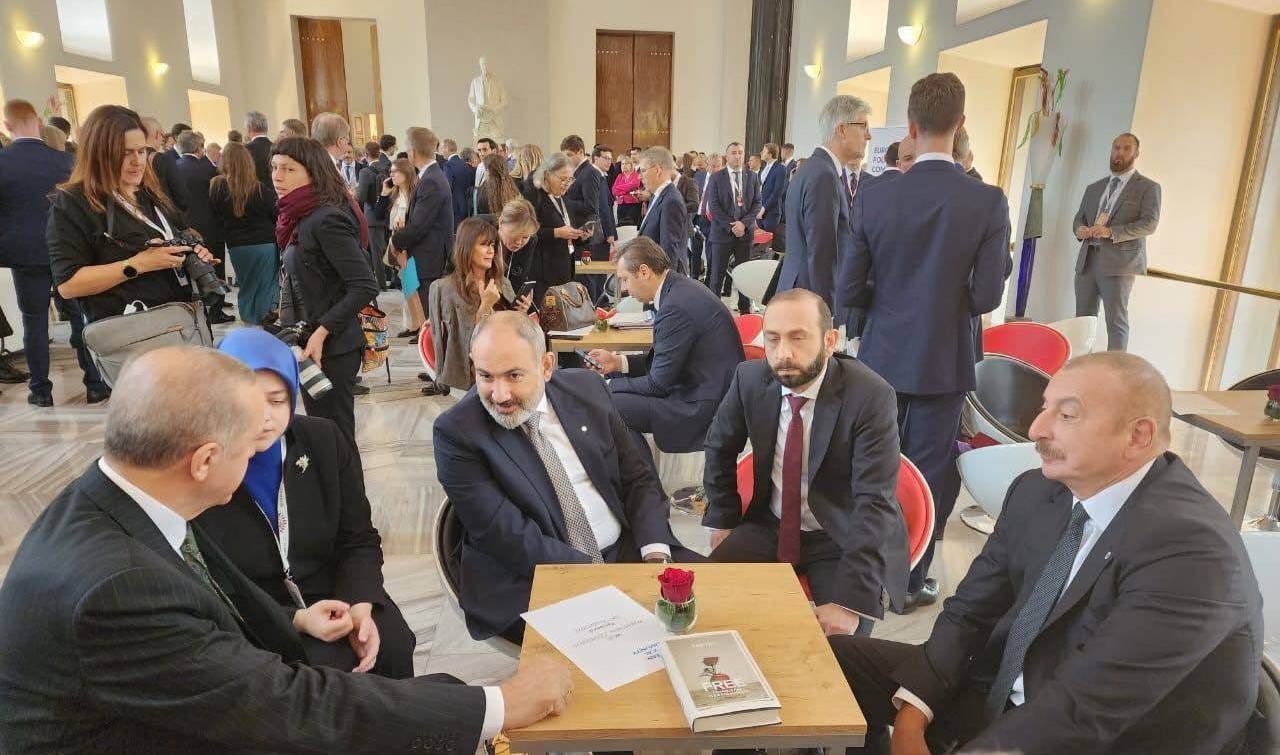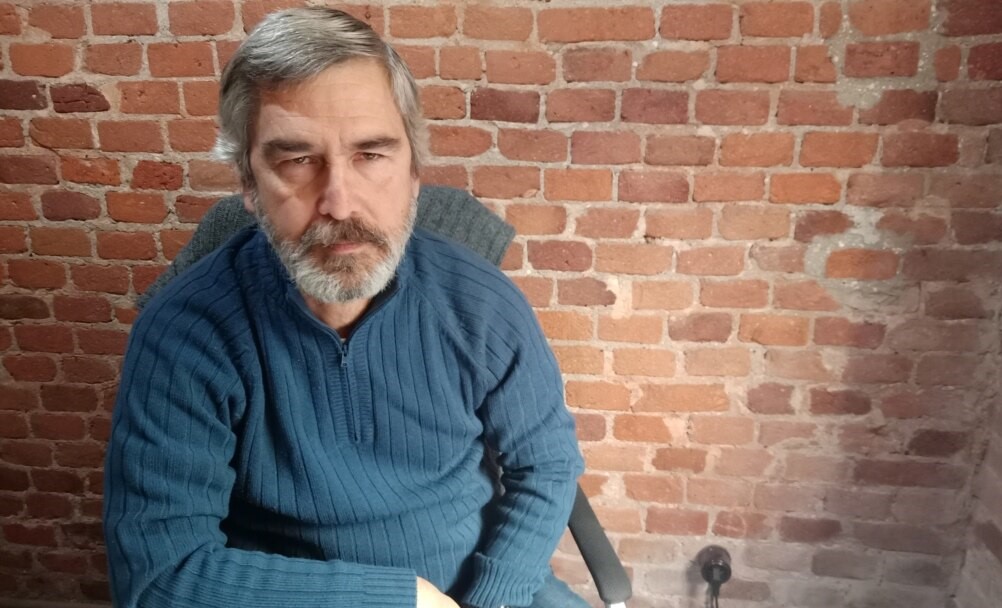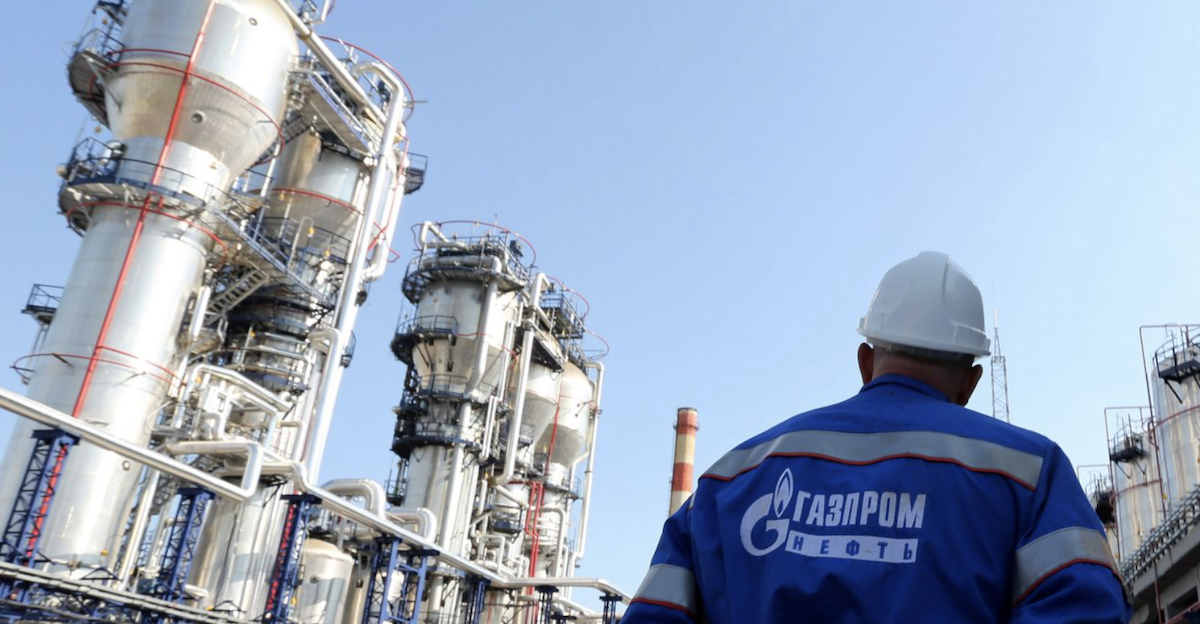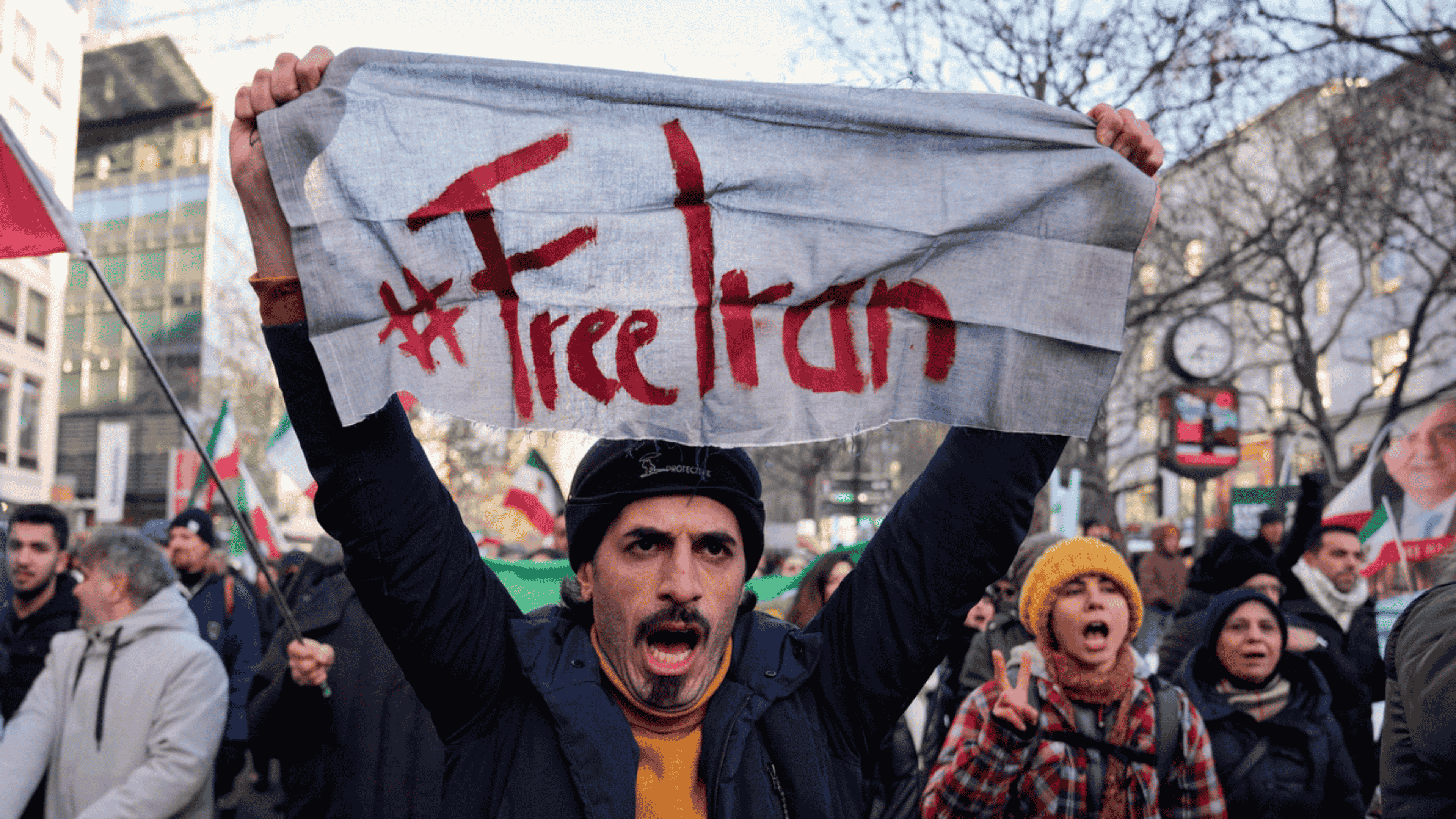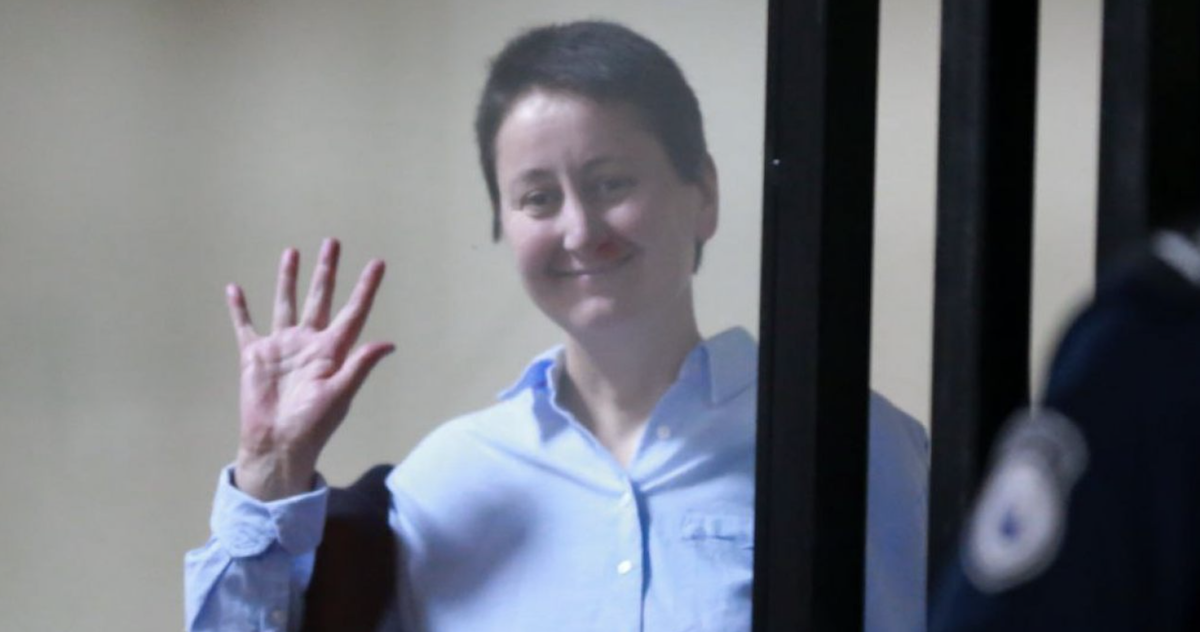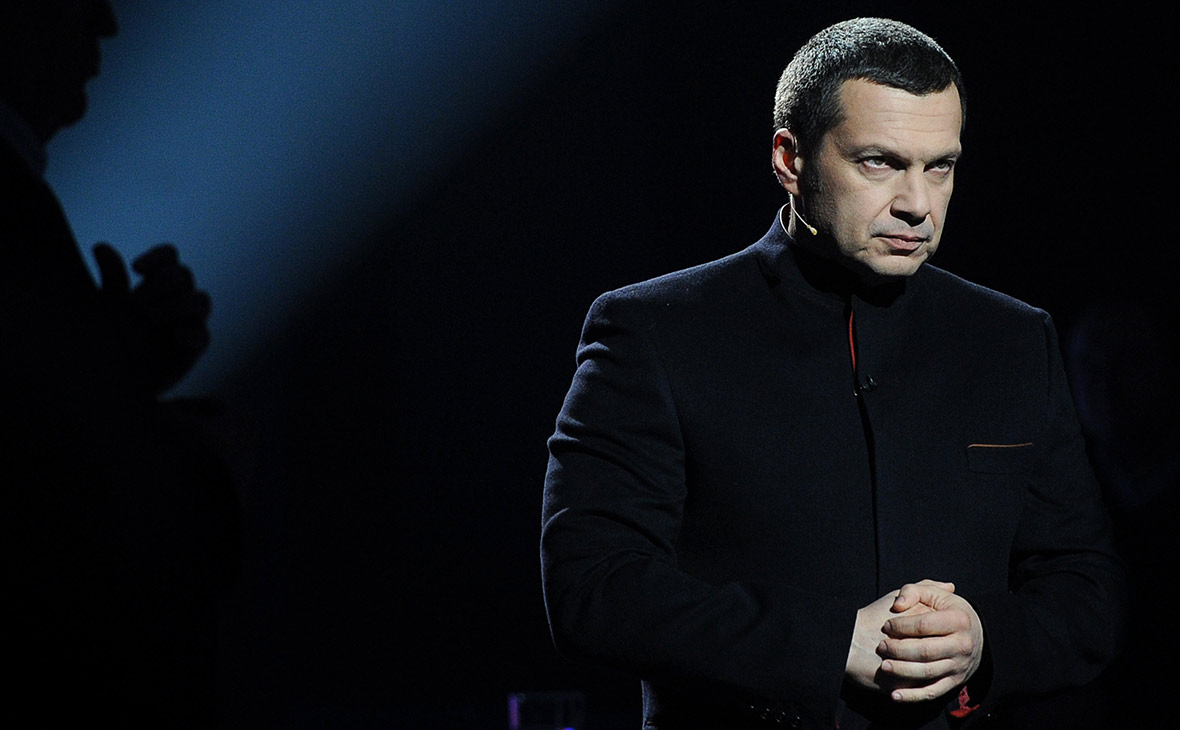Turkey’s special envoy for normalisation with Armenia visits Yerevan: no breakthroughs
Sixth meeting of Armenia–Turkey special envoys
Talks were held in Yerevan between Armenia’s and Turkey’s special envoys for normalisation, Ruben Rubinyan and Serdar Kılıç. The Turkish diplomat arrived in Armenia by land, crossing through the Margara–Alican checkpoint. At the still-closed Armenia–Turkey border, he was met by Ruben Rubinyan.
The special envoys met for the sixth time — but for the first time in Armenia. Since 2022, they have been discussing possible steps toward normalisation. Four of their meetings were held abroad, and the fifth took place on the Armenia–Turkey border.
According to the official statement, “with the aim of advancing the process of full normalisation of relations,” the sides reaffirmed their positions on issues agreed at previous meetings. It also said both countries intended to speed up the implementation of agreements reached back in July 2022 — namely, opening the Armenia–Turkey border for third-country nationals and holders of diplomatic passports.
Armenian analysts had predicted there might be progress at least on this point. But the Yerevan meeting ended without any announcement of a breakthrough.
Turkey officially recognised the Republic of Armenia in December 1991. But the two countries have yet to establish diplomatic relations, and their land border has remained closed since 1993. Talk of normalisation picked up after the 2020 Karabakh war. The negotiations are conducted bilaterally, though Ankara makes no secret of coordinating its position with Baku.
- “Turkey is trying to limit Armenia’s transit options”, say analysts in Yerevan
- Armenia–Turkey border opens for 10 days – what’s next?
- ‘Unprecedented case and format’: Pashinyan’s interview with Turkish journalists
- Opinion: “There is pressure on Erdoğan regarding the opening of the Armenian-Turkish border”
“Special envoys reaffirm commitment to continuing the process without preconditions”
According to Armenia’s foreign ministry, Ruben Rubinyan and Serdar Kılıç agreed that:
- the relevant agencies of the two countries will carry out the technical work needed to restore and launch the Gyumri–Kars railway and a power transmission line;
- they will strengthen cooperation in culture and academia, including scholarships for university students and the joint restoration of the historic Ani bridge on the Silk Road;
- they will work to ensure more interested airlines can start flights between Armenia and Turkey from summer 2026, increasing the number of routes and connections.
“The special representatives once again reaffirmed their commitment to continuing this process without any preconditions,” the statement said.
Sixth meeting of Armenia–Turkey special envoys
Belated protest outside government building
During the Turkish envoy’s visit to Yerevan, members of the youth wing of the Dashnaktsutyun party staged a protest outside the government building. They said their goal was to oppose what they called Armenia’s “concessions to Turkey’s preconditions.”
“Turkish envoy Serdar Kılıç has arrived, yet the agenda of his meetings is being kept secret by the Armenian authorities. It is announced that the aim of the visit is to normalise Armenia–Turkey relations. However, it is clear that from the very beginning this process has been carried out in the context of meeting Turkey’s preconditions, without leading to genuine normalisation,” the organisers said in a statement.
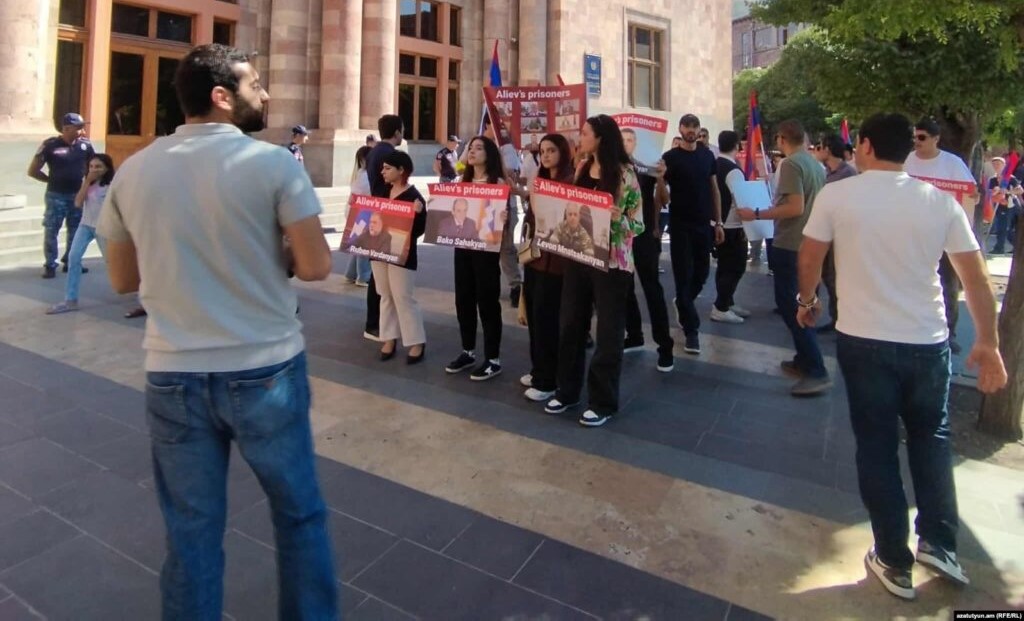
A few hours later, Armenia’s special envoy Ruben Rubinyan — who is also deputy speaker of the National Assembly — addressed the protesters from the parliament podium, accusing Dashnaktsutyun’s leadership of pursuing “pointless and false agendas.”
“It is strange that I am holding a session in parliament while at the same time the Dashnaktsutyun youth union is staging a picket outside the government to show its discontent to the negotiators on normalisation. This is very typical of Dashnaktsutyun — to do something belated, pointless and based on false claims,” Rubinyan said.
He added that if the party wanted to make a point, it should have held the protest a couple of hours earlier and outside the foreign ministry. Responding to accusations that the Armenia–Turkey talks agenda was being kept secret, he insisted:
“The agenda of the negotiations is not secret. We discussed the process of normalising Armenia–Turkey relations. A press release will be published in the coming hours [it had not yet been released at the time].”
Early expectations were more optimistic
Before Kılıç’s visit, Rubinyan told Armenian journalists that the full agenda of the normalisation process would be on the table:
“These are the steps we have already taken and that are ongoing. Since our last meeting there has been discussion of the technical parameters for restoring the Kars–Gyumri railway. You know that the restoration of the historic Ani bridge is also being discussed. But the overarching theme is the normalisation of relations.”
According to Rubinyan, the entire process of normalisation comes down to opening the Armenia–Turkey border and establishing diplomatic relations:
“The agreement to open the border for third-country nationals and holders of diplomatic passports [reached in 2022] has still not been implemented, and not because of us. But we hope it will be put into effect.”
Asked by journalists whether the agreements reached by Armenia and Azerbaijan at the White House on 8 August could pave the way for progress in Armenia–Turkey relations, he replied that the declaration signed by Donald Trump, Nikol Pashinyan and Ilham Aliyev “will definitely have a positive impact on regional processes and those beyond the region.”
“In this sense, yes, we are optimistic,” he said.
Sixth meeting of Armenia–Turkey special envoys
“We are ready to open the border and establish diplomatic ties as soon as tomorrow”
Armenia’s special envoy stressed that he saw no reason for Turkey to delay opening the border or establishing diplomatic relations with Armenia:
“There is nothing on the Armenian side that should hold this up. We are ready, even tomorrow, to open the border and establish diplomatic relations.”
According to Rubinyan, “with political will” the process could move forward much faster:
“From our side, that will is absolutely there. I am convinced that in a short time significant results can be achieved.”
Previous Rubinyan–Kılıç meetings and unfulfilled agreements
Yerevan and Ankara announced their readiness to take steps towards normalisation in December 2021, appointing special envoys — Ruben Rubinyan and Serdar Kılıç — to lead the process.
Before the Yerevan talks, Rubinyan and Kılıç had met five times: the first in Moscow, the next three in Vienna, and another in July 2024 at the Margara–Alican border crossing.
After each meeting, both sides repeated their intention to continue negotiations without preconditions. In the course of these talks, they agreed to:
- enable third-country nationals to cross the Armenia–Turkey land border;
- assess the technical requirements for reopening the Akhurik/Akyaka rail crossing;
- mutually ease visa procedures for holders of diplomatic and service passports.
However, none of these agreements has yet been implemented.
Sixth meeting of Armenia–Turkey special envoys










